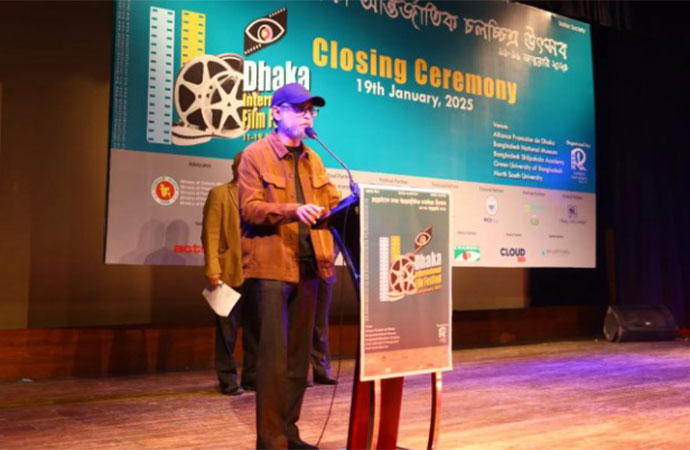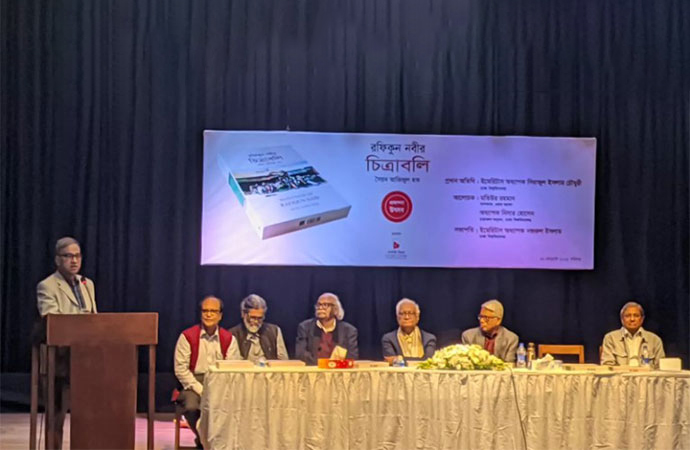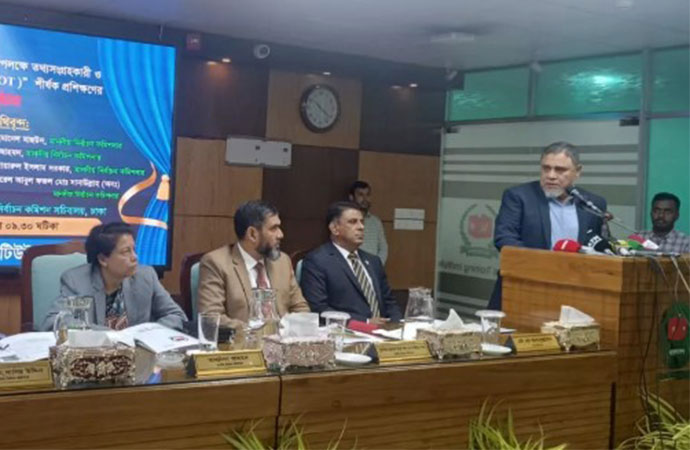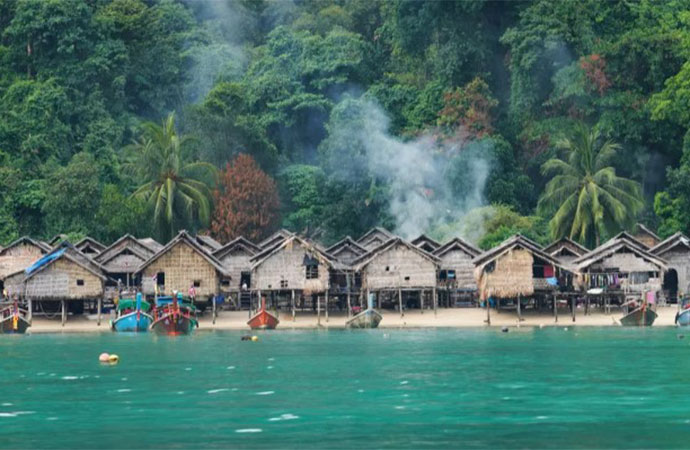Essays

Sir David Attenborough with the Specialist Factual award at the Philips British Academy Television Awards at the Grosvenor House in London
‘The world is not a bowl of fruit from which we can just take what we wish’
David Attenborough has warned that "human beings have overrun the world" and are sending it into decline, in a new documentary detailing his vision for how the world can stop climate breakdown.
"This film is my witness statement and my vision for the future - the story of how we came to make this our greatest mistake and how if we act now, we can yet put it right," the 93-year-old broadcaster says in a trailer for A Life on Our Planet.
Speaking to the BBC's Andrew Marr, the pioneering nature documentarian urged the public to "stop waste of any kind", saying the world is precious and should be "celebrated and cherished".
"The reverberations of that simple change [of rising temperatures] are going to be enormous unless we do something about it," he said in interview aired on Sunday.
"And this is the very last moment that we have in which we can hope to stem some of these disasters."
In an impassioned plea, he urged viewers to stop waste and adopt an ambition of living more modestly.
"Think this world is precious, think your time is precious, think the rest of the natural world is precious and all those things need cherishing - that's the fundamental attitude," he said.
"The world is not a bowl of fruit from which we can just take what we wish. We are part of it, and if we destroy it, we destroy ourselves."
He added: "Stop waste. Stop waste of any kind. Stop wasting power, stop wasting food, stop wasting plastic. Don't waste, this is a precious world. Celebrate and cherish."
Despite Marr's admission that two-thirds of the way through watching the upcoming film, "I kind of want to cut my throat - I think it's all so awful and despairing," the last part of the film "suggests that even at this late stage, we can genuinely change course, rewild the planet and live differently".
He pointed to countries who are showing leadership on how to tackle climate change, such as the Netherlands, Japan and Costa Rica, where a vast rewilding project is underway at the Guanacaste Conservation Area.
Costa Rica also famously abolished its army in 1948, redirecting these funds into healthcare, education and environmental protections.
"For a political leader with great power to simply say 'we don't need an army - if Donald Trump decided to invade Costa Rica there's nothing we could do.
"So why do we waste all the money on an army? Why don't we take all that money from the national budget and turn it into rewilding and eco-tourism?' And that's not just empty words - they've done it."
Emphasising that, given the chance, the natural world can restore itself remarkably quickly, he recalled visiting a lush jungle in Costa Rica which only 25 years previously had been a meadow grazed by cows.
Mr Attenborough added: "We can look to the younger generation who are actually going to do it, because they will be able to see the consequences of what they do."
The world's youth has mobilised in unprecedented fashion in recent years, helping to force the looming crisis to the top of news agendas with school strikes and demonstrations.
And while several young climate activists, not least Greta Thunberg, have successfully battled to put their messages directly to world leaders, scientists caution there may only be years left to avert dire and lasting changes to the climate.
Many experts had warned the UN's COP26 climate change conference, which was due to be held in Glasgow in November, could be the last chance to uphold the Paris Agreement.
The conference, at which countries were due to finally agree upon a working model for carbon trading, has been delayed until 2021 as a result of coronavirus.
Asked whether Covid-19 was humanity's "reckoning", Mr Attenborough said: "Anybody who knows anything about keeping animals [will know] the more dense population you keep, the quicker a disease will spread, and there's never been a denser population of human species until this moment".
In a warning to world leaders, he added: "This is the last chance. There are short-term problems and long-term problems. A politician is tempted to deal with short-term problems all the time and neglect long-term problems.
"This is not only a long-term problem it is the biggest problem humanity has faced. Ever. Please examine it and please respond."
From: www.independent.co.uk

























Leave a Comment
Recent Posts
AsiaNet Board Meeting & Forum ...
The AsiaNet Board Meeting and Forum was held in Singapore on January ...
Tribute to Ali Akbar – king of ...
The entire village of Haydarabad, Akkas Market, were in a deep state o ...
A new chapter of cooperation with Beijing
Dhaka, Beijing "must cooperate wholeheartedly" to re ..
‘Nalini’: artist and printmaker Julia Lebrao Sendra’ ..
Cultural show marking Chinese New Year held in Dhaka